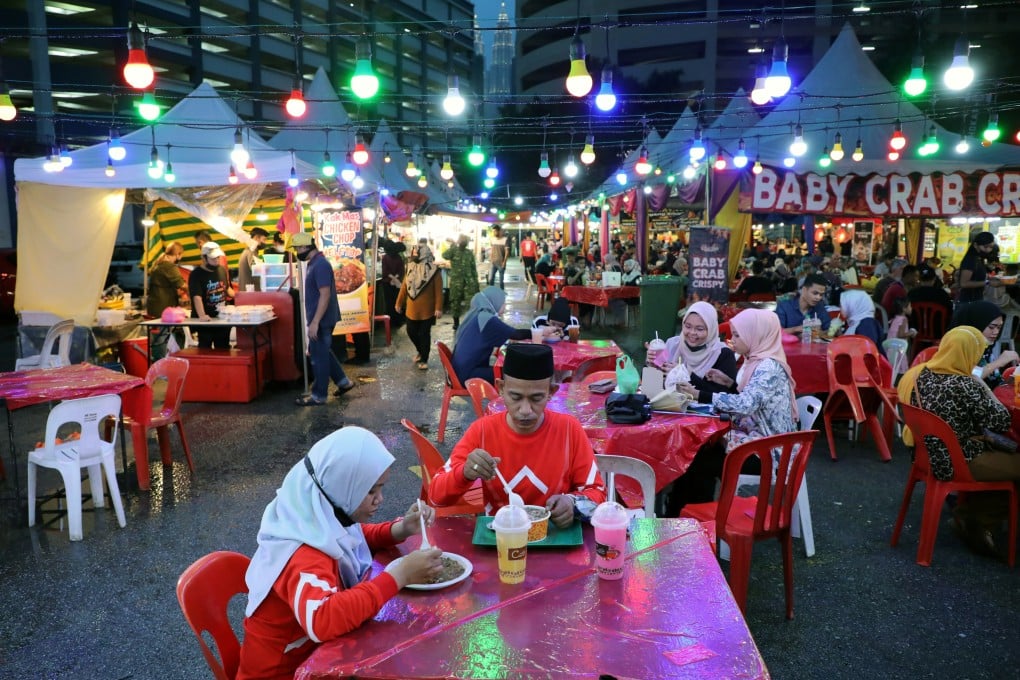Ramadan dos and don’ts spark debate among Asia’s Muslim communities
- In Singapore, a viral video has emerged showing a woman scolding an Indonesian worker for eating during daylight hours of the fasting month
- Examples of community policing have emerged in Malaysia, while local restrictions and sensibilities apply in Indonesia

During Ramadan, Muslims cannot eat, drink, smoke or engage in sexual intercourse from sunrise to sunset. However, Mohamed Imran Mohamed Taib, founder of the Centre for Interfaith Understanding in Singapore, said Muslims who are fasting should be mindful of their own conduct and not be quick to anger, act indecently or commit vices.
“The rules pertaining to fasting apply to individuals who are fasting,” Imran said. “They do not apply to people who are not fasting or to the general public. For example, a person who is fasting has no right to stop another person who is not fasting from eating or drinking.”
There are exemptions to fasting, Imran said, including a person who is ill and needs to take medication; a woman during her menstruation cycle; a pregnant woman who fears for the safety of her child as well as her own; and a person who is travelling on a long journey.